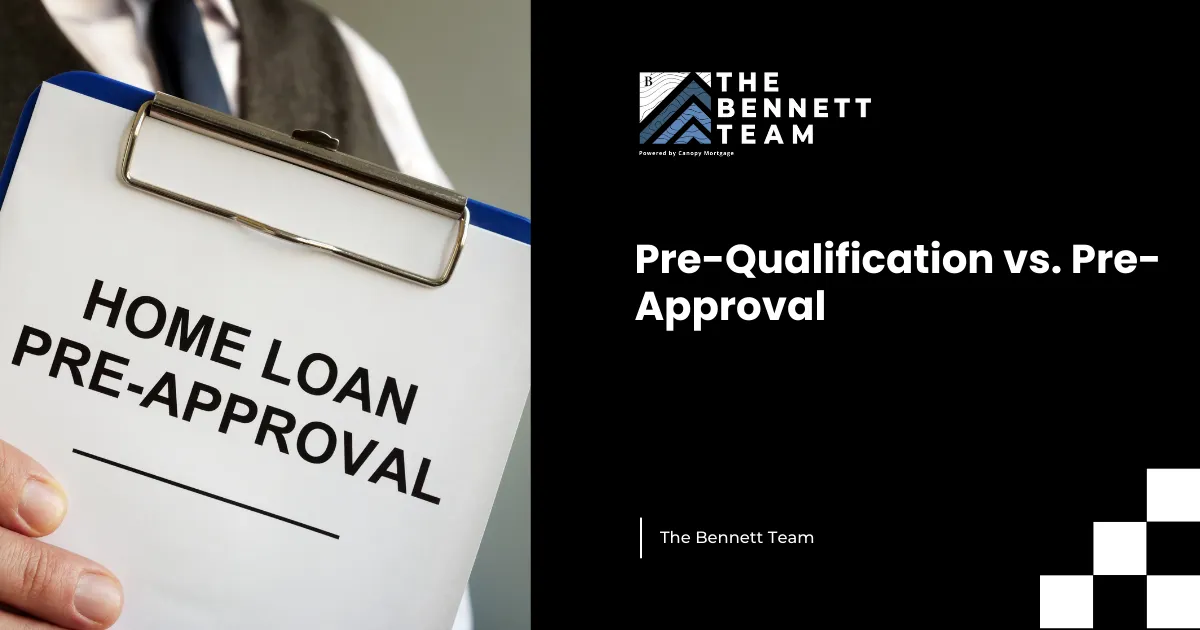
Pre-Qualification vs. Pre-Approval
When you’re shopping for a home, the process can feel overwhelming—especially when the terms used by lenders and real estate agents sound similar but have very different meanings. One of the biggest sources of confusion? The difference between pre-qualification and pre-approval.
Although some lenders use these terms interchangeably, understanding the distinction could save you a lot of stress during your homebuying journey. Here’s what every homebuyer should know.
What Is a Pre-Qualification?
A pre-qualification is generally the first step in the mortgage process. It’s a quick estimate of what you might be able to afford based on basic financial information that you provide—things like your income, debt, and assets. This could happen through a phone call, an online form, or a quick conversation with a loan officer.
No credit check. No verification. Just a ballpark idea based on what you say.
Think of it as a soft introduction to what your budget might be—not a commitment from a lender, and definitely not something you want to rely on when making an offer.
What Is a Pre-Approval?
A pre-approval is a much stronger step in the process. It means a lender has reviewed your actual financial documents—such as pay stubs, tax returns, and credit reports—and run the numbers through an automated underwriting system (AUS).
In short, a pre-approval is a verified assessment of your borrowing ability. It carries real weight when you’re shopping for a home, especially in competitive markets where sellers want to know you’re a serious buyer.
Here’s what’s typically included in a pre-approval:
A full credit check
Verification of income and employment
Debt-to-income ratio calculation
AUS approval that shows you’re ready to buy
When your real estate agent submits an offer on your behalf, this pre-approval can make a big difference in how your offer is received.
Bonus: Underwritten Pre-Approval
There’s also a higher level of pre-approval called a fully underwritten pre-approval. This means that an actual underwriter—not just an automated system—has reviewed your loan file. They’ve looked at the details and cleared as many conditions as possible before you even go under contract on a home.
This kind of pre-approval can give you a major advantage. With fewer unknowns left to resolve during escrow, your loan is more likely to close on time—and with fewer surprises.
Why This Matters
Buying a home is a big deal, and it can be a stressful process. The last thing you want is for something to go sideways because you thought you were pre-approved when you were only pre-qualified. Don’t leave it to chance.
Talk to your loan officer about getting fully pre-approved before you start shopping. It could be the difference between winning the home and missing out.
Sources:
Consumer Financial Protection Bureau – "What’s the difference between prequalification and preapproval?"
www.consumerfinance.gov/ask-cfpb/whats-the-difference-between-prequalification-and-preapproval-en-125/NerdWallet – "Pre-Qualified vs. Preapproved: What's the Difference?"
www.nerdwallet.com/article/mortgages/prequalified-vs-preapprovedExperian – "What Is a Mortgage Preapproval?"
www.experian.com/blogs/news/2021/06/what-is-a-mortgage-preapproval/


